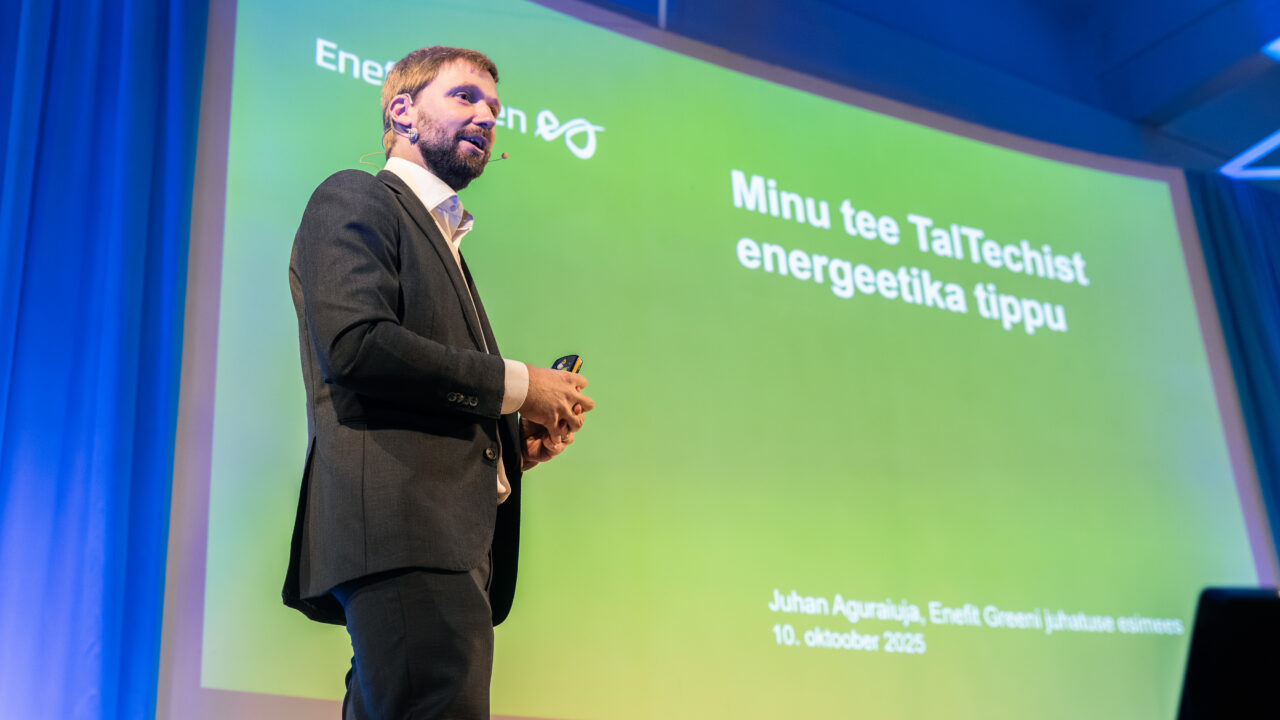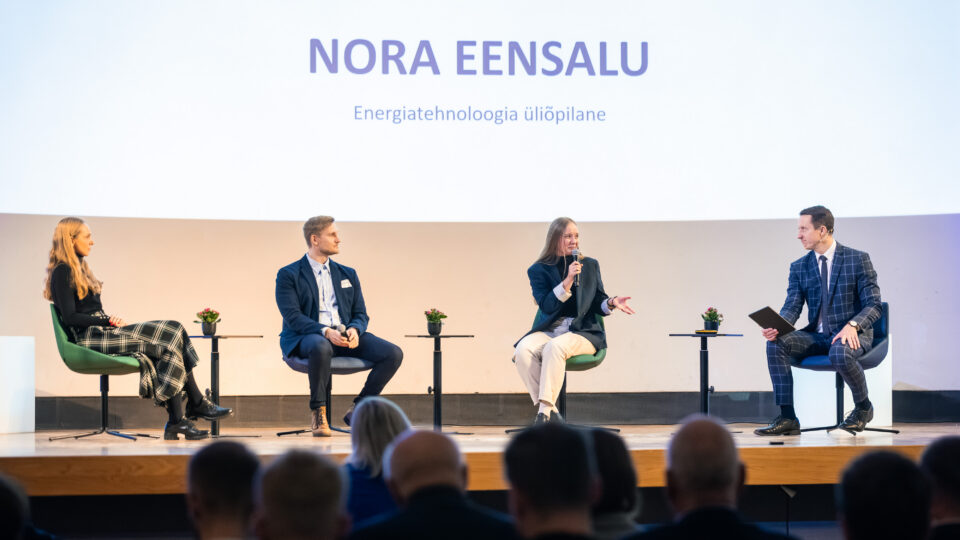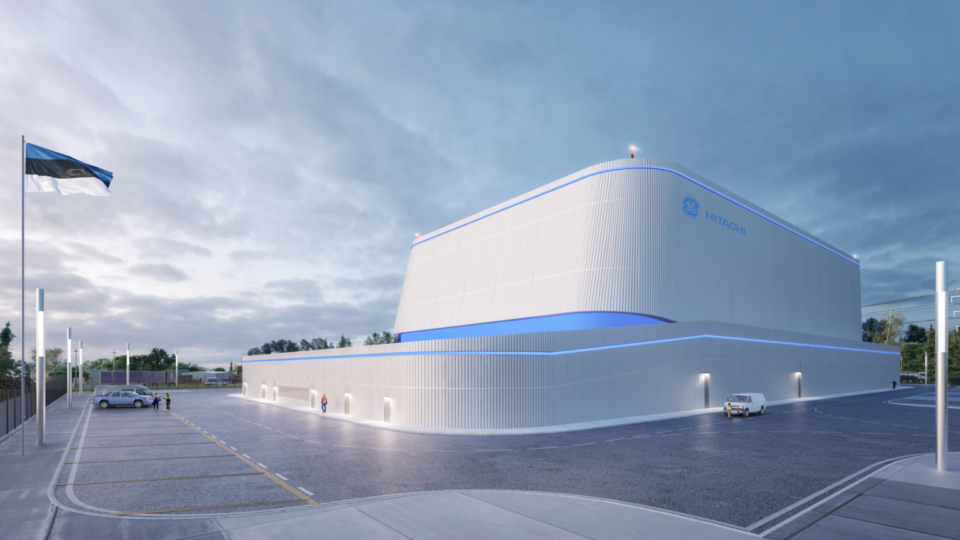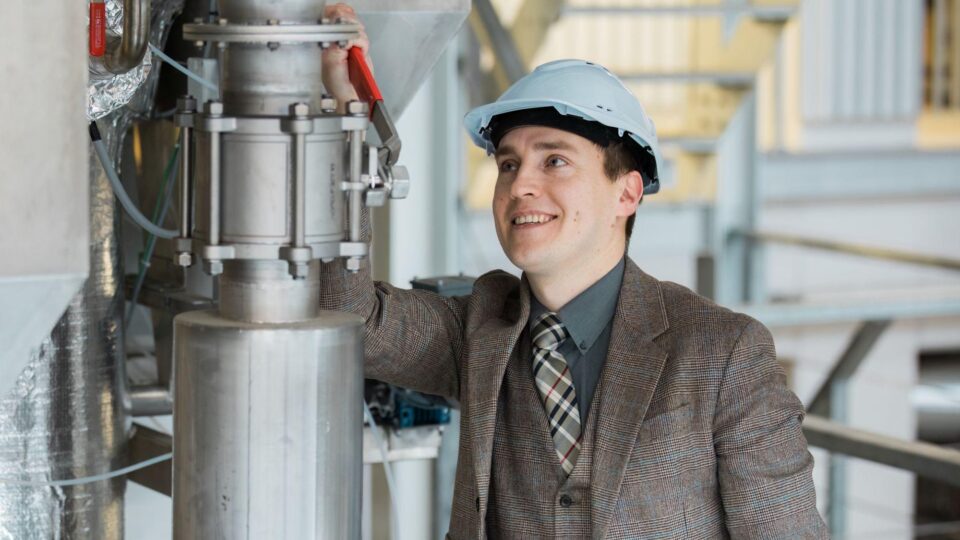He noted that a university education provides the foundation of professional knowledge and understanding on which everything else is built. “But what has brought me to a top leadership position today is everything that has happened around that education.”
Before entering the energy sector, Aguraiuja held a wide variety of jobs — working as a driver, in a hotel, and even taking part in film productions. These experiences, he said, taught him that even the most “ordinary” work offers lessons and skills essential for life.
“No job is beneath you – everything must be done with complete seriousness and respect,” he emphasised. This principle has shaped Aguraiuja into a leader who understands both the technical details and the value of human contribution. In his view, a good leader knows the system from the inside – both literally and figuratively.
While interning at Eesti Energia’s Balti Power Plant, Aguraiuja quite literally saw the inside of a boiler and witnessed how it was cleaned. “Perhaps that experience was, in some ways, pivotal – it made me realise I wasn’t exactly in the right place. I wanted to work more with renewable energy.”
Aguraiuja believes that a technical education teaches systematic thinking. “If you can get through heat and mass transfer and thermodynamics, then drafting any kind of strategic energy plan no longer seems so difficult,” he added with a smile.
University as a sandbox
Although Aguraiuja values technical education, he sees the true worth of university life in what happens beyond the classroom — in student organisations, collaboration and communication. “University didn’t just give me knowledge; it gave me an environment where, through student organisations, I could explore what it means to be a leader without any real risk.” He believes that the confidence and team-leadership skills developed through student projects and discussion groups help engineers grow into leaders.
These experiences taught him that leadership is not only about making decisions, but also about the ability to listen and understand others. Aguraiuja also came to realise that technical thinking and empathy are not mutually exclusive — on the contrary, they add depth to leadership. The capacity to combine systematic and human perspectives, he says, has helped Estonian energy professionals reach the top — or come very close to it.
“No job is beneath you — everything must be done with complete seriousness and respect.”
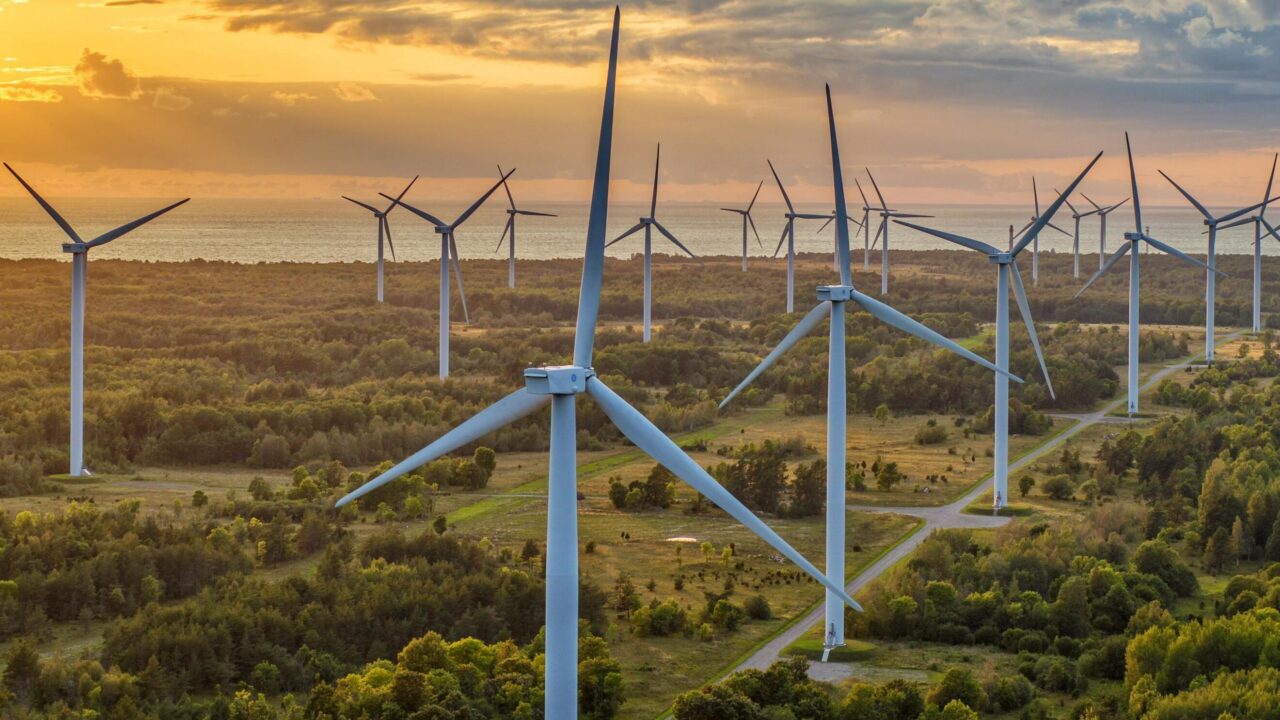
Aguraiuja already believed in high school that our energy future is diverse – wind, solar, bioenergy, oil shale. And he still believes it today. Photo: Enefit Green
A leader who understands the system and the people
Aguraiuja’s leadership philosophy has been shaped by his experience in companies that form part of larger systems. His time at the Estonian branch of the German group Danpower taught him structure and rigour. “If you trust people and give them a chance, they will get the job done. I also learned from the Germans how to care about people,” he said.
His career later took him to the Nordic group Adven, where he experienced a work culture defined by focus and a systematic, strategic mindset. According to Aguraiuja, in Estonia people often assume that productivity means operating on a large scale, whereas true success lies in choosing the right actions. “The Nordic approach is different – you have to focus on high-impact activities,” he said.
This mindset has helped Aguraiuja take a holistic view of career development. No leap happens overnight — preparation must take place gradually, step by step. Just as major projects are realised by first attending to the smallest details, a career must also begin with small but deliberate choices.
“If you trust people and give them a chance, they will get the job done.”
Marching to the beat of his own drum
According to Aguraiuja, a good leader must be able to resist the excessive pull of day-to-day politics and passing trends, remaining true to their knowledge and analysis — even if it means swimming against the current.
He recalled how, at school, he wrote a research paper on Estonia’s energy sector in 2050. At the time, public debate centred on nuclear energy as the main solution to Estonia’s energy needs, yet unlike the other students in his discussion group, he believed the future lay in a balanced mix of sources. “Even then, I believed our future would be diverse — wind, solar, bioenergy, oil shale. I still believe that today.”
Aguraiuja concluded his talk with a thought that neatly captures his journey — leaders are not born, they are shaped, and along the way one learns to understand both people and systems. “If you study thermal energy — but also do something you enjoy on the side — you might just find yourself near the top, as I did,” he said with a smile.
“If you study thermal energy — but also do something you enjoy on the side — you might well find yourself near the top, as I did.”

